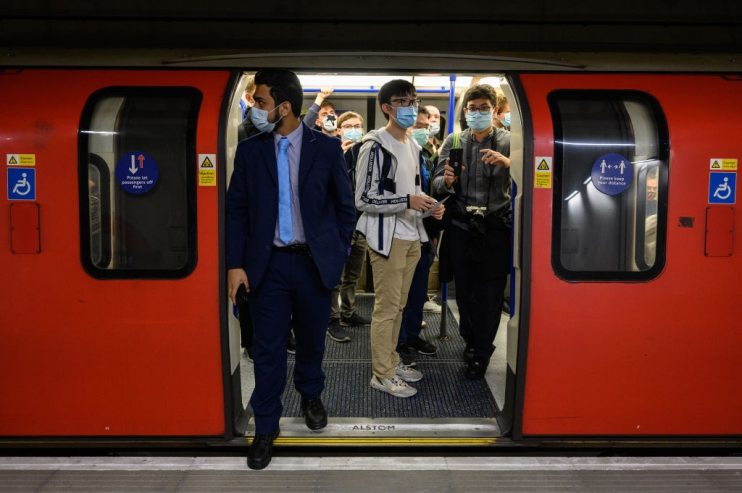RMT deals TfL umpteenth blow announcing two-day strike in March

The National Union of Rail, Maritime and Transport Workers (RMT) has dealt Transport for London (TfL) the umpteenth blow as it announced this morning a two-day strike.
The day-long industrial actions will take place on 1 and 3 March and risk causing the closure of the entire London Underground network.
The move was voted by 94 per cent of RMT members, who cited as the reason TfL’s lack of reassurance over jobs, pensions and working conditions amid the funding crisis the public body finds itself in.
“Our members will be taking strike action next month because a financial crisis at LUL has been deliberately engineered by the government to drive a cuts’ agenda which would savage jobs, services, safety and threaten their working conditions and pensions,” commented RMT’s general secretary Mick Lynch.
“The politicians need to wake up to the fact that transport staff will not pay the price for this cynically engineered crisis. In addition to the strike action RMT is coordinating a campaign of resistance with colleagues from other unions impacted by this threat.
TfL’s rebuttal didn’t take long to arrive, as the body urged the RMT to cooperate.
“It is extremely disappointing that the RMT has today announced strike action,” said commissioner Andy Byford. “The devastating impact of the pandemic on TfL finances has made a programme of change urgently necessary and we need the RMT to work with us, rather than disrupting London’s recovery. “
John Dickie, chief executive of business non-profit London First, accused the union of once again playing Russian roulette with the capital’s recovery.
“This is a reckless approach at time when the city needs to be pulling together to get people back to offices, restaurants, shops, theatres and more,” he said. “They should get back round the table, quit playing games, and agree a deal that keeps the Tube open.”
RMT’s decision comes at a crucial time for TfL, as the latest round of government funding is set to expire today.
“I see [the Friday deadline] as existential for TfL, as it will determine the TfL of the future,” Byford said on Wednesday during a TfL board meeting. “What we do and what we invest or don’t will determine the look and capability of this organisation as well as this city’s transport system.”
“This is the time when we must get a long-term deal,” he added. “Now it’s not the time to waver, otherwise we face a pretty scary scenario.”
According to Byford, if government funding runs out without a proper agreement, TfL risks falling into a £1.5bn black hole.